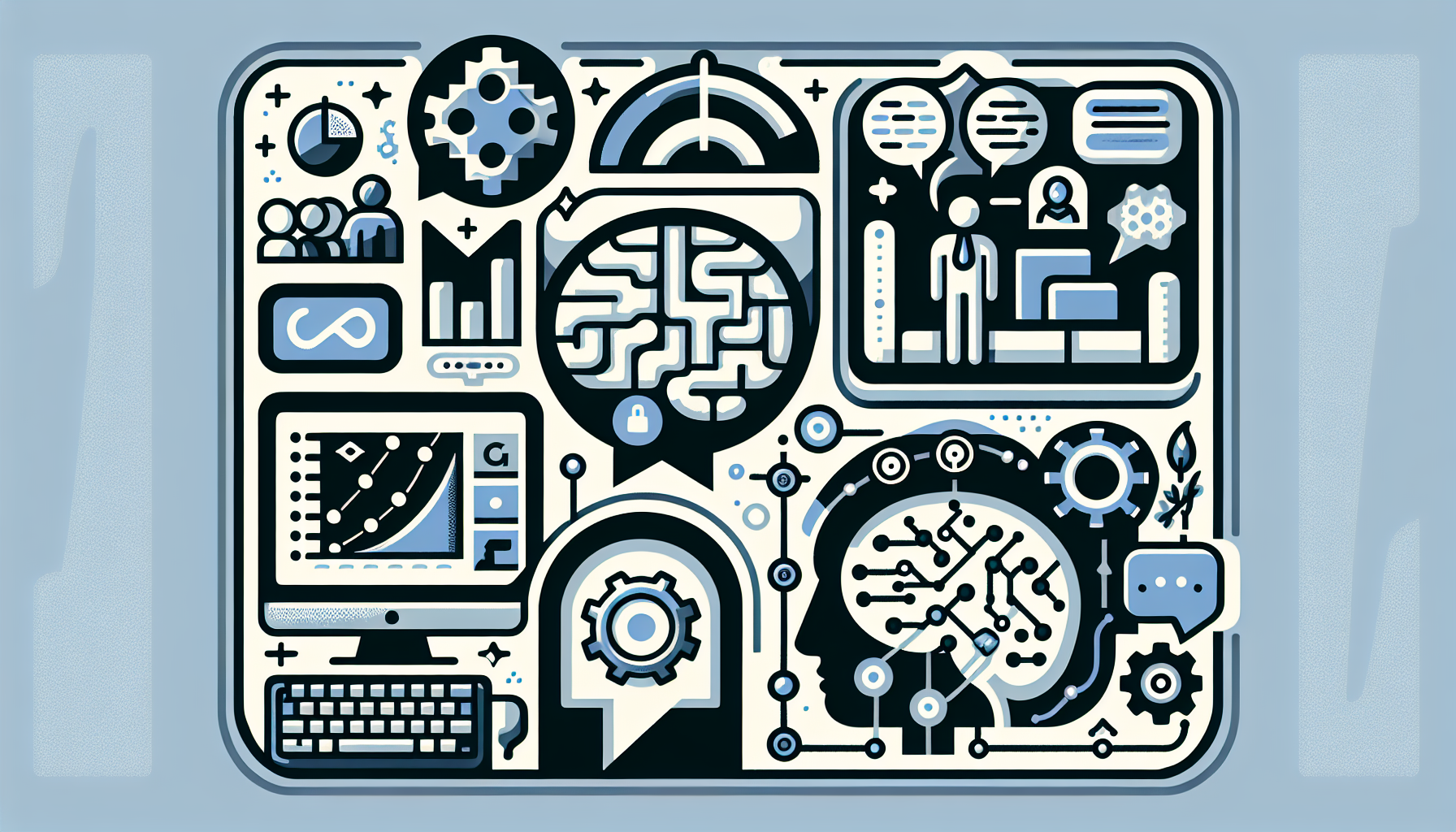Understanding CRM Tools
Customer Relationship Management (CRM) tools are designed to help businesses manage their interactions with current and potential customers. By centralizing customer data, these tools allow organizations to analyze customer information, enhance customer service, and streamline communication. Companies implement CRM solutions to build and maintain relationships, ultimately leading to increased sales and improved customer satisfaction.
The Rise of ChatGPT in CRM
ChatGPT, an AI language model developed by OpenAI, has gained traction in various industries, including CRM, due to its ability to process natural language and generate human-like text responses. This capability can significantly contribute to automating customer interactions and improving assignment efficiency within CRM systems.
Enhanced Customer Support
One prominent application of ChatGPT in CRM is in customer support. Traditional customer service approaches, which often involve live agents answering queries, can lead to bottlenecks, especially during peak times. ChatGPT can address common inquiries, guide customers through self-service options, and escalate more complex issues to human agents. By handling routine questions, ChatGPT allows customer service teams to focus on high-value interactions, resulting in a more streamlined experience for clients.
Personalized Customer Engagement
Using historical data and customer profiles, ChatGPT can tailor responses to individual customer needs. For example, if a customer has previously inquired about a specific product, the model can provide detailed recommendations based on that interaction. Personalized engagements can lead to improved customer retention rates, as clients feel valued when addressed accordingly.
Automation and Efficiency
Automating mundane tasks is another transformative impact of ChatGPT. Routine workflows, such as data entry, follow-up emails, and appointment scheduling, can be streamlined using AI-powered solutions. By reducing the time spent on administrative tasks, CRM teams can improve operational efficiency, decreasing response times and enhancing customer satisfaction.
The Impact of Zapier on CRM Integration
Zapier is a powerful automation tool that connects different web applications, allowing them to communicate and share data without the need for coding. By facilitating integrations among various software tools, Zapier enhances the functionality of CRM platforms.
Seamless Workflows
Zapier enables businesses to create seamless workflows, referred to as “Zaps,” that automate repetitive tasks. For instance, when a new lead is added to a CRM system, Zapier can trigger automated follow-up emails through an email marketing tool. This ensures timely communication with potential customers, improving lead nurturing efforts and conversion rates.
Data Synchronization
A significant challenge for businesses is ensuring that data is consistent across different platforms. With Zapier, data entered into a CRM system can automatically synchronize with accounting software, customer support databases, and email marketing tools, eliminating data silos. This real-time synchronization leads to improved data accuracy and better decision-making based on comprehensive insights.
Integration Capabilities
Zapier supports thousands of applications, providing businesses with the flexibility to connect their CRM to a wide array of tools, from Google Sheets to Slack. This capability enables organizations to craft a customized tech stack seamlessly integrated with their CRM, further enhancing productivity and ensuring that employees can function in an environment tailored to their specific needs.
Combining ChatGPT and Zapier
The integration of ChatGPT and Zapier represents a revolutionary approach to customer engagement and operational efficiency. When combined, these tools create unprecedented potential in CRM strategies.
Intelligent Automation
By integrating ChatGPT with Zapier, businesses can automate more complex workflows. For instance, customer inquiries processed through ChatGPT can trigger specific actions in other apps. A customer might ask for a product recommendation, and based on that interaction, ChatGPT can automatically extend a discount offer via an email campaign through Zapier, driving customer conversion effortlessly.
Improved Reporting and Analytics
With data flowing seamlessly between ChatGPT and a CRM platform via Zapier, businesses can enhance their reporting capabilities. For example, ChatGPT’s interaction data can be sent to analytics tools to identify trends in customer inquiries. These insights can help businesses refine their marketing strategies, product offerings, and customer support initiatives.
Enhanced Lead Scoring
Lead scoring is essential for prioritizing sales efforts. By leveraging ChatGPT as a lead qualification tool, businesses can utilize Zapier to automatically adjust lead scores in the CRM based on the conversations held with potential customers. This allows sales teams to focus their efforts on high-potential leads, optimizing conversion rates.
Future Outlook for CRM Tools
As technology evolves, the role of AI in CRM tools like ChatGPT and integration platforms like Zapier will expand. Businesses can expect increased personalization and automation capabilities, enabling them to interact with customers on a deeper level. Moreover, as AI technologies advance, they will become capable of more complex interactions, moving beyond simple queries to understand and predict customer behavior.
Increasing Focus on Data Privacy
As companies leverage sophisticated CRM tools, concerns regarding data privacy and security will become more prominent. Businesses must implement robust security measures to protect customer information while ensuring compliance with regulations such as GDPR. Balancing personalization with ethical considerations will be crucial for maintaining trust in CRM strategies.
Adapting to Changing Customer Expectations
Customer expectations continue to evolve rapidly, driven by technological advancements. Effective CRM tools must adapt to these changes, ensuring they offer seamless, personalized, and timely interactions. Organizations that leverage ChatGPT’s conversational capabilities in conjunction with Zapier’s integration power will create an engaging customer journey that meets these evolving expectations.
Conclusion
The fusion of AI technology like ChatGPT with integration platforms like Zapier marks a significant evolution in CRM tools. Utilizing these advanced capabilities allows organizations to enhance customer engagement, streamline operations, and leverage data effectively to drive their business forward. As companies continue to adapt to the ever-changing landscape, the importance of employing intelligent, integrated CRM strategies will become paramount in achieving lasting success.


